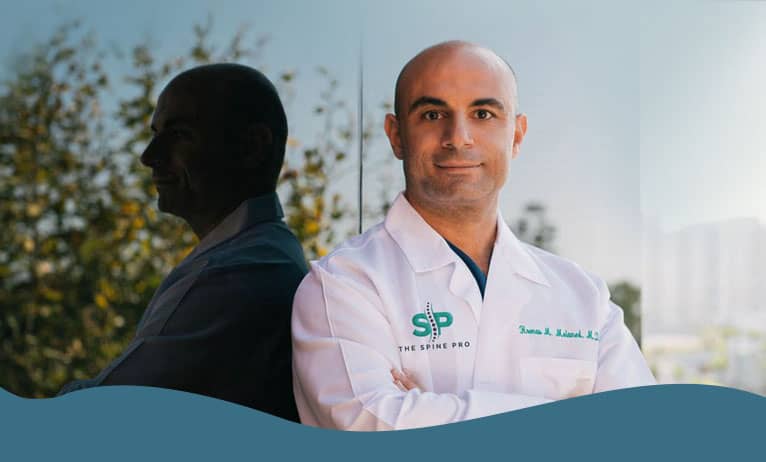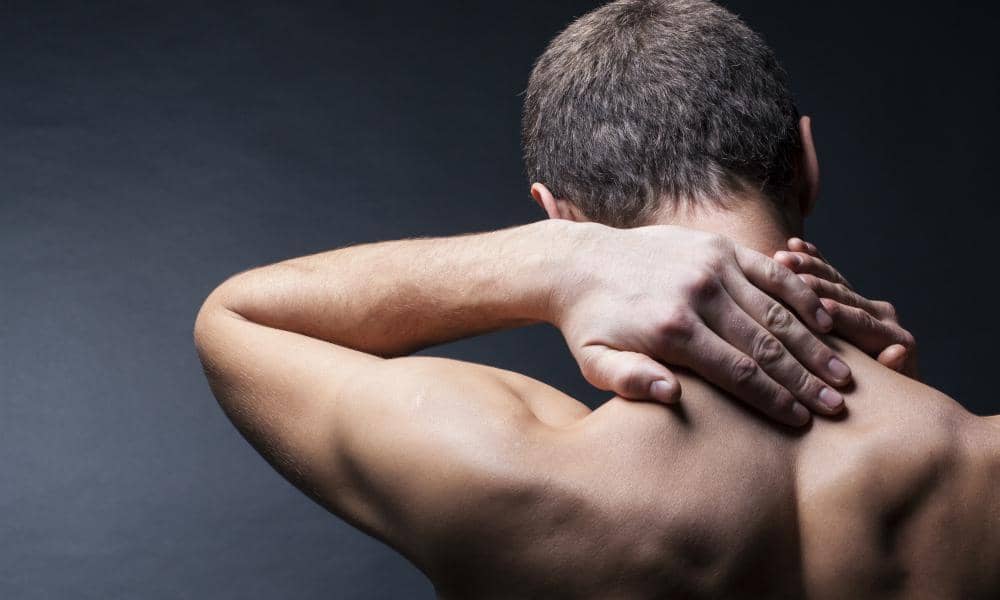Can Constipation Cause Back Pain?
Having back pain as a result of not being able to use the restroom is more common than you think. Constipation may cause discomfort in a variety of ways, and unfortunately, back pain is one of them. Constipation is defined as having less than three bowel movements in a week and may be caused by several factors. If you’re struggling with back pain and haven’t been able to use the restroom regularly, you may want to investigate if constipation is the root cause.
What Causes Constipation?
Understanding why constipation occurs is the first step in treating it and relieving the back pain that accompanies it. The exact cause of your constipation may be challenging to identify because there are many potential causes. Some of the more common reasons you may experience constipation include:
- A lack of fiber in your diet
- Not drinking enough water
- Certain medications
- Not getting enough exercise
- Changes in your routine or lifestyle
- Stress, anxiety, or depression
In addition to these causes, there are also some risk factors for constipation. These include being pregnant, having a sedentary lifestyle, or suffering from an underlying medical condition like irritable bowel syndrome (IBS), Parkinson’s disease, or hypothyroidism. If you are constipated and have trouble figuring out the cause, talk to your doctor. They may be able to help you identify the root cause and create a treatment plan.
The Link Between Constipation and Back Pain
Constipation causes the intestines to swell due to retained stool. This excess pressure on the intestines may lead to pain in the back and abdomen. Back pain resulting from constipation is commonly reported as a dull ache in the lower back. Moreover, constipation may put pressure on the nerves in the pelvic region. If the pressure is severe enough, it may lead to numbness in the legs or radiating pain.
4 Ways to Ease Constipation
If you are constipated, there are several things you can do at home to help regain regular bowel movements. Incorporating the following into your routine may help ease constipation and the back pain associated with it. However, before trying any of these self-treatments, be sure to speak with your doctor first, as being constipated may be caused by an underlying medical condition.
1. Drink More Water
Even mild dehydration may cause you to become constipated. Staying well hydrated may help soften your stool and make it easier to pass. Water is essential for digestion. It assists in moving the food you eat through your intestines and helps to break down the food so your body can absorb the nutrients. If you are constipated, try drinking more water than you typically do and see if it helps. Avoid diuretics such as alcohol, colas, and other caffeinated beverages, as they can contribute to dehydration and make it harder to use the restroom.
2. Change Your Diet
Sometimes constipation may be resolved with a simple change in diet. Adding more high-fiber foods to your diet may help things move along. Good sources of fiber include fruits, vegetables, whole grains, and legumes. In addition to increasing your fiber intake, you should also try eating probiotic-rich foods. For some, dairy products like cheese and milk may make it difficult to have a bowel movement. If you are constipated, and dairy doesn’t agree with you, try eliminating it from your diet and see if that helps. It may take time for your body to adjust to the change in diet, so be patient and give it time to work.
3. Stay Active
Exercise is an important part of maintaining a healthy digestive system. Physical activity helps stimulate food movement through your intestines and may play a role in preventing constipation. It is recommended you get at least 30 minutes of moderate-intensity exercise most days of the week, but a full hour is even better. If you are not used to exercising, start slowly and gradually increase your activity level over time. Remember, if you are short on time, you can always break up your exercise into smaller chunks throughout the day.
4. Try Over-the-Counter or Prescription Laxatives
If the lifestyle changes above are not providing relief, you may need extra help. Often, over-the-counter (OTC) laxatives can provide the relief you need. In some cases, your doctor may prescribe a stronger laxative. Keep in mind that overuse of laxatives may lead to dependency and make constipation worse. Laxatives should only be used if other treatment options have failed. Before trying laxatives, talk to your doctor to see if they are right for you.
Treat Back Pain with The Spine Pro
At The Spine Pro, our state-of-the-art facility and award-winning staff provide our patients with the latest advances in technology and procedures. Our comprehensive approach to spine care gives our patients the widest array of options available. Whether you are looking for conservative or surgical options, we have the experience and expertise to help you enhance your quality of life. Contact us today and make your back pain a thing of the past with The Spine Pro.






